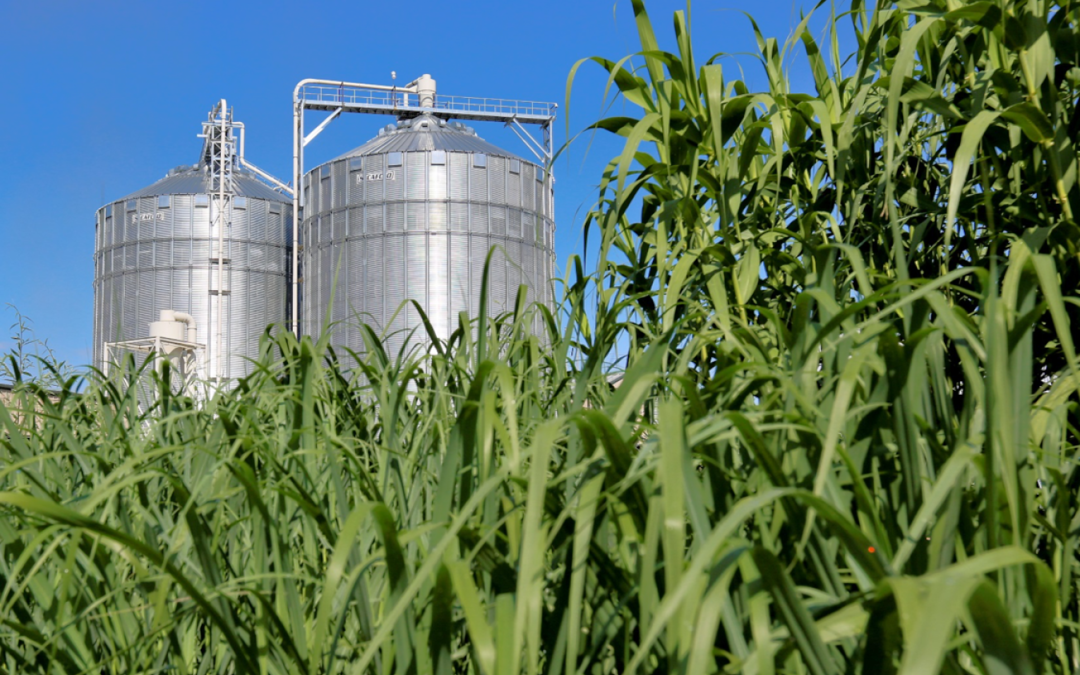MNRE Revises Waste-to-Energy and Biomass Guidelines to Cut Red Tape
India streamlines bioenergy rules to cut red tape, boost clean energy output, and support small-scale developers.
The Ministry of New and Renewable Energy announced significant revisions to guidelines governing its waste-to-energy and biomass programs on Saturday, aiming to simplify regulations, enhance performance monitoring and expedite financial support to project developers.
The changes, applicable under Phase I of the National Bioenergy Programme through fiscal 2025–26, are designed to promote cleaner energy solutions, reduce bureaucratic hurdles and incentivize efficient operations — especially for small and medium-sized enterprises — as the country advances toward its 2070 net-zero emissions target.
Flexible Financial Aid for WTE Projects
Under the revised WTE guidelines, project developers will receive Central Financial Assistance in two stages, tied to operational performance.
Fifty percent of the CFA will be disbursed once a plant secures the Consent to Operate certificate from the relevant State Pollution Control Board.
The remaining 50 percent will be provided after a plant achieves 80 percent of its rated capacity or the maximum eligible capacity, whichever is lower.
A pro-rata payout system has also been introduced for plants generating between 50 percent and 80 percent of their rated capacity. Projects performing below 50 percent will not be eligible for financial assistance.
“The changes recognize real-world operational challenges and provide developers with the financial flexibility needed to remain viable,” MNRE said in a statement.
The inspection process for CFA eligibility has been streamlined. Projects seeking advance CFA will undergo joint inspections led by the National Institute of Bio-Energy in partnership with state or empaneled agencies.
Developers not seeking advance CFA will require only a single performance inspection.
Additionally, developers now have up to 18 months from commissioning or CFA in-principle approval — whichever is later — to claim benefits.
Revised Biomass Guidelines
The revised biomass program guidelines shift from costly Supervisory Control and Data Acquisition systems to Internet of Things-based or quarterly reporting, reducing the financial burden on smaller operators and promoting digital accountability.
In another significant change, briquette and pellet plant developers will no longer be required to submit multiple documents for clearance, and the previous requirement for a two-year sales contract has been replaced with a general sales agreement. This move allows greater market responsiveness.
MNRE has also made CFA disbursement performance-based for biomass projects. Plants operating at 80 percent or more of their rated capacity for a 10-hour continuous period over three consecutive days will qualify for full subsidies.
Lower-performing units will receive proportional assistance, while inspections can be conducted up to 18 months after commissioning or in-principle CFA approval.
To tackle stubble burning in northern India, biomass pellet producers in Delhi, Punjab, Haryana and nearby areas may now choose between MNRE and Central Pollution Control Board support schemes.
Ease of Doing Business
Both sets of revisions are aligned with the government’s broader efforts to promote a business-friendly regulatory framework while strengthening clean energy adoption and sustainable waste management.
“These updated norms will ease project development, improve funding access, and incentivize efficient operations, thereby accelerating India’s transition to a greener economy,” MNRE said.
India aims to significantly scale up its bioenergy output as part of its commitment under the Paris Agreement and national climate action plans. The revisions are expected to unlock more investment and foster innovation in the waste and biomass sectors.
Nirmal Menon
Related posts

Subscribe
Error: Contact form not found.


